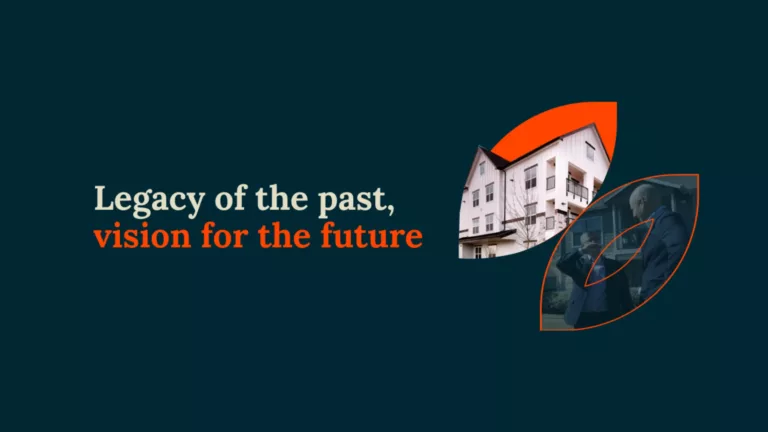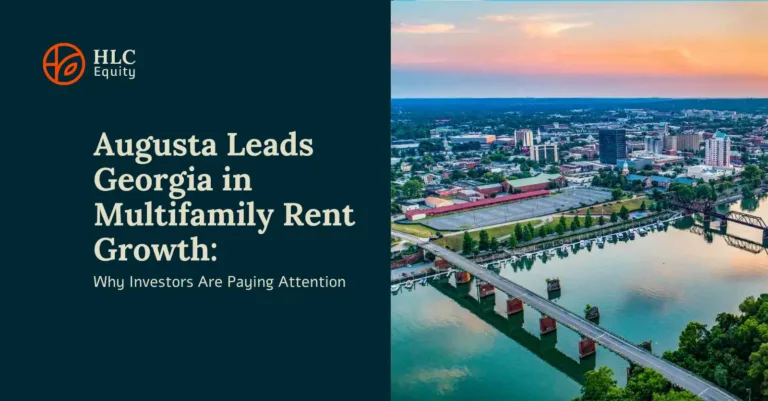It is no secret that the economic fallout from Covid-19 has hit certain segments of the commercial real estate market harder than others. And out of the most negatively impacted, hotels are at or near the top of the list. So, it is not really a surprise that we have started to see more marketing of distressed hotels for sale. What is interesting is that much of the marketing is promoting a hotel to multifamily conversion strategy.
Multifamily investments have performed relatively well during the pandemic. This comparatively strong performance has created an understandable appeal to the idea of converting a hotel to a multifamily property to create value. For the distressed hotel owner, it is a way to unload an underperforming asset at a higher valuation than the current hotel operations support. For the multifamily investor, it is potentially a way to purchase a property at a discount to the historically low cap rates (high valuations) we are seeing in multifamily trades. On the surface, it appears to be a win/win, but there is a lot to take into consideration before making an investment in a hotel conversion.
At HLC, we realize that our investors see deal flow from many sources. As the hotel to multifamily conversion strategy gains steam, investment opportunities in this niche will likely become more common. To help you evaluate these potential investments, we have outlined seven high-level items, with specific conversion considerations, to discuss with the sponsor.
- LOCATION: Always the key consideration for real estate. Is the property in a desirable residential area? Many hotels are in busy commercial areas or along major highways which could be positive or negative. Does this location offer considerably better access than the conventional competition? Will noise or light be an issue?
- PRODUCT: How will the converted hotel rooms compare to other residential options in the area? For example, are the proposed units significantly smaller than the multifamily competition? Will residents at the conversion property have to cook on a hot plate while the competition offers a full-size range? What are the amenities that the conversion property offers in comparison to the competing multifamily properties? While many hotels may offer gyms and pools, will the converted property offer dog parks, playgrounds, and carports, which may be basic amenities offered at the competing multifamily properties?
- DEMAND: Who is the target renter for this property? Conversion properties often appeal to a more migrant renter who values location (proximity to work/nightlife) and flexibility (short-term leases) over the space and finishes a conventional multifamily property offers. Is there enough demand from this type of renter in the market?
- PROJECT: A conversion is a significant undertaking. Who is managing the project? What is the budget and conversion timeline? How will the property be staffed during the conversion? What is the marketing and lease-up strategy? Hotels often contain excess space as a result of hotel operations, such as ‘back of the house’ restaurant and laundry space, and storage space for conference equipment. How will this space be reconfigured in a sensible and economic manner in order to turn the property into an efficient multifamily property?
- ZONING: Local governments will likely view the conversion as a ‘change of use’ which may require legal work along with potential modifications to the physical property. Are there any zoning restrictions or other government regulations that could alter the proposed business plan? Does the project budget and timeline factor in zoning, ADA, and other potential regulation compliance considerations?
- FINANCING: Is the sponsor using lender funds for the conversion costs? Is the plan to use floating rate debt during the conversion and lease up period, and then put permanent financing in place? There are many financing strategies that can be used and understanding the potential financing risks is important.
- RISK/REWARD: How will total project costs compare to multifamily per square foot and per unit sales in the area – is there a discount? Has the conversion impact on property taxes been fully considered in the proforma? How do the proforma returns compare to other multifamily investment offerings – is there enough of a premium to justify the additional risk?
It is important to note that there are not necessarily ‘correct’ responses to the considerations we have highlighted. For example, maybe the converted hotel will have small units with hot plates, but the proforma rents at the property will be at enough of a discount to offset the less desirable unit offering. Whatever the case, it is important to be comfortable with the strategy for the property. Hotel to multifamily conversion investments are complicated and should be approached with healthy skepticism. However, the right property, combined with a sponsor who can execute, presents a real opportunity for strong returns in a challenging investment environment, while also adding to the housing stock in the USA as housing affordability continues to be an important issue.
Interested in hearing more on US housing affordability? Stay tuned and signup for HLC Equity Insights HERE


